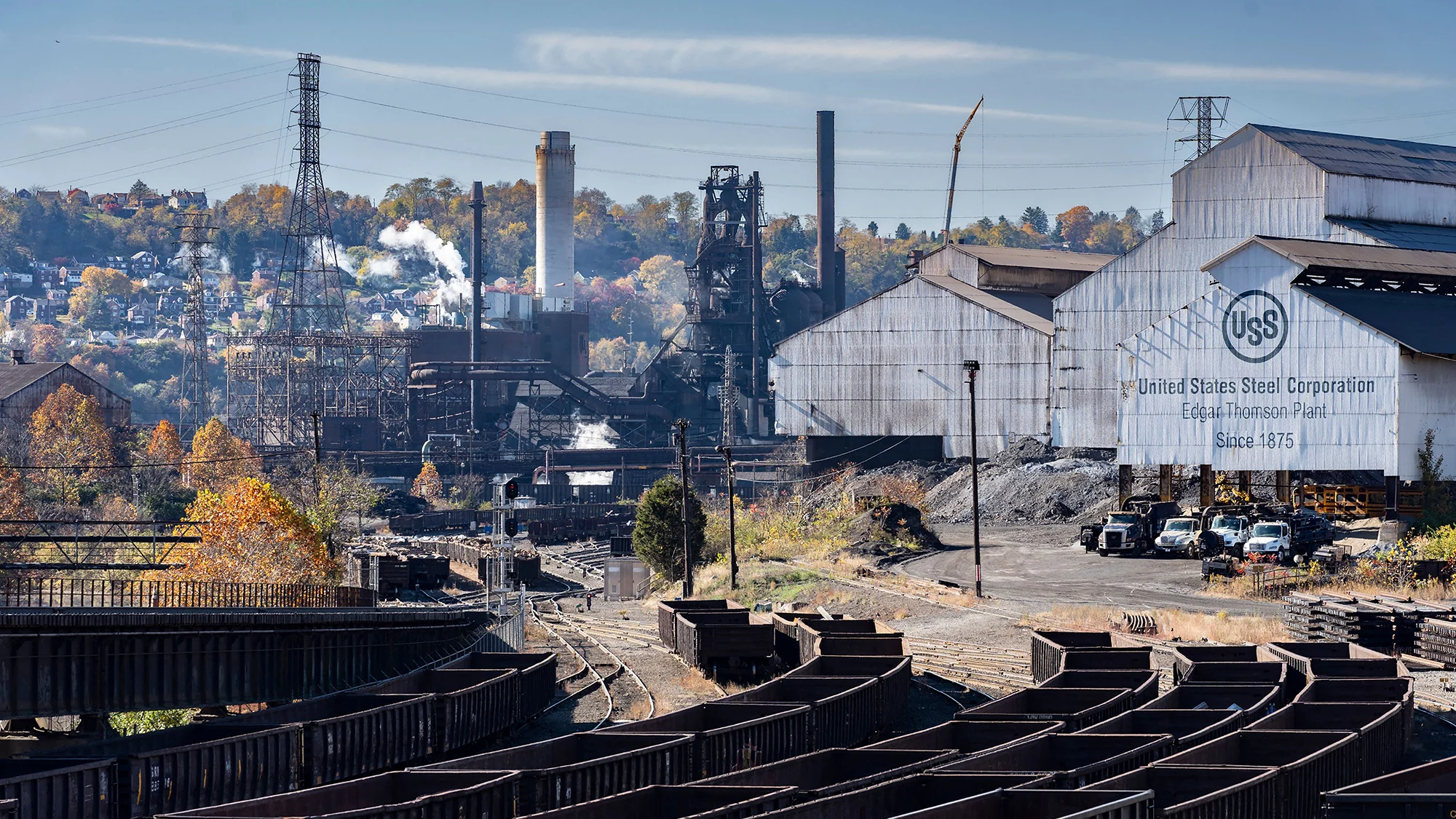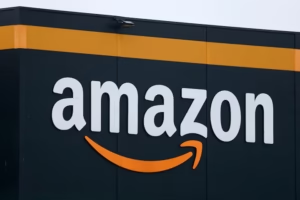In a significant shift in U.S. industrial policy, President Donald Trump has approved a $14 billion investment by Japan’s Nippon Steel into U S Steel. This decision marks a departure from previous opposition to foreign acquisitions in the American steel industry. The agreement ensures that U.S. Steel will maintain its headquarters in Pittsburgh and is projected to create 70,000 jobs, signaling a robust commitment to revitalizing the domestic steel sector.
A Historic Turnaround: From Opposition to Approval
The proposed acquisition of U.S. Steel by Nippon Steel has been a contentious issue since its announcement in December 2023. Initially, both the Biden administration and then-candidate Trump opposed the deal, citing national security concerns and the importance of keeping iconic American companies under domestic ownership. The United Steelworkers union also expressed strong reservations, worried about the potential impact on labor agreements and job security.
However, the landscape changed when President Trump, after discussions with Japanese Prime Minister Shigeru Ishiba, signaled openness to a revised arrangement. Rather than a full acquisition, the new plan involves a significant investment by Nippon Steel without transferring controlling ownership. This compromise aims to bolster U.S. Steel’s competitiveness while addressing national security and labor concerns.
Economic Implications: Job Creation and Industrial Revitalization
The approved investment is expected to inject $14 billion into the U.S. economy over the next 14 months. This capital will be directed toward modernizing facilities, enhancing production capabilities, and expanding operations, particularly in Pennsylvania. The initiative is projected to create up to 70,000 jobs, offering a substantial boost to the manufacturing sector and communities reliant on steel production.
Market reactions have been positive, with U.S. Steel’s stock experiencing a significant uptick following the announcement. Investors view the partnership as a strategic move to strengthen the company’s position in the global steel market while preserving its American identity.
Political Dynamics: Navigating National Interests and Global Partnerships
President Trump’s decision reflects a nuanced approach to balancing protectionist policies with the benefits of foreign investment. By facilitating a partnership rather than a full acquisition, the administration aims to safeguard national interests while leveraging international capital and expertise. This strategy underscores a broader economic agenda focused on revitalizing American industries through selective global collaborations.
The move also carries political significance, particularly in key industrial states where the steel industry remains a vital economic driver. By securing jobs and promoting industrial growth, the administration strengthens its appeal to working-class voters and labor unions concerned about globalization’s impact on domestic employment.
Labor and Community Perspectives: Cautious Optimism
While the investment promises economic benefits, labor unions and local communities approach the development with cautious optimism. The United Steelworkers union has emphasized the importance of maintaining existing labor agreements and ensuring that the partnership does not compromise workers’ rights or job security.
Community leaders in Pittsburgh and other steel-dependent regions view the investment as a potential catalyst for economic revitalization. However, they stress the need for transparency and ongoing dialogue to ensure that the partnership aligns with local interests and contributes to sustainable development.
Future Outlook: A Model for Strategic Industrial Partnerships
The U.S. Steel-Nippon Steel partnership may serve as a model for future collaborations between American companies and foreign investors. By structuring deals that preserve domestic control while attracting international capital, the U.S. can enhance its industrial base and competitiveness in the global market.
This approach requires careful consideration of national security, labor rights, and economic sovereignty. As the global economy becomes increasingly interconnected, strategic partnerships like this one could play a pivotal role in shaping the future of American industry.
Conclusion
President Trump’s approval of Nippon Steel’s $14 billion investment in U.S. Steel marks a significant development in American industrial policy. By balancing national interests with the benefits of foreign investment, the administration aims to revitalize the domestic steel industry, create jobs, and strengthen the economy. This partnership could set a precedent for future collaborations that enhance U.S. competitiveness while preserving its industrial heritage.
Subscribe to trusted news sites like USnewsSphere.com for continuous updates.
[USnewsSphere.com / nyp]





